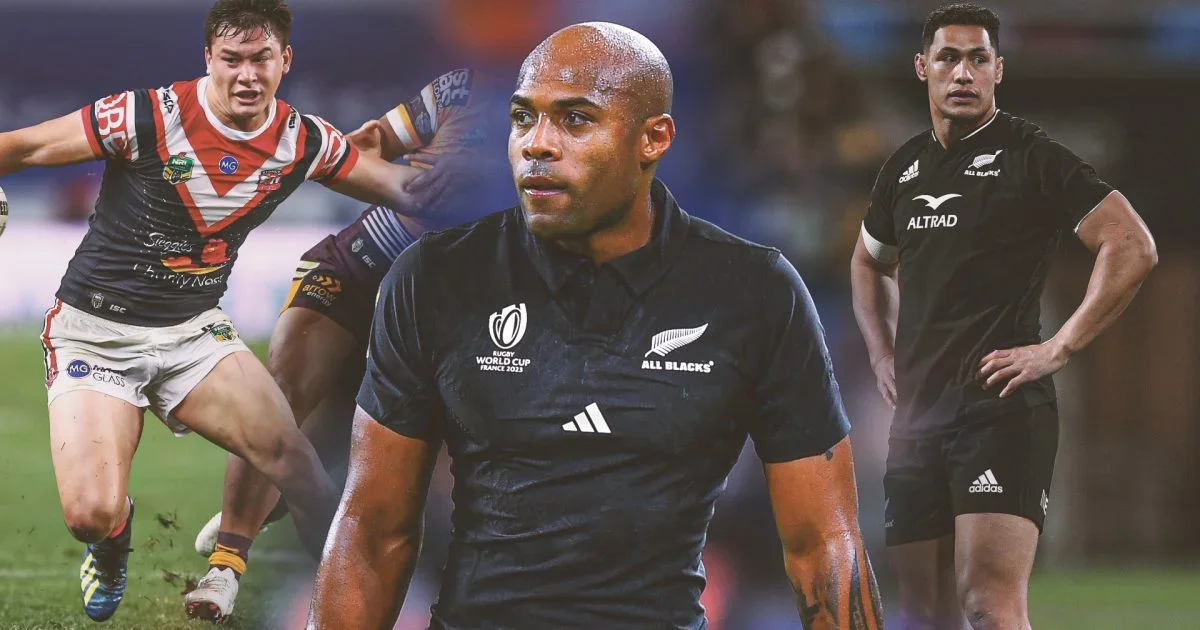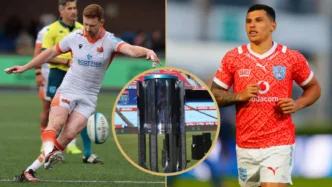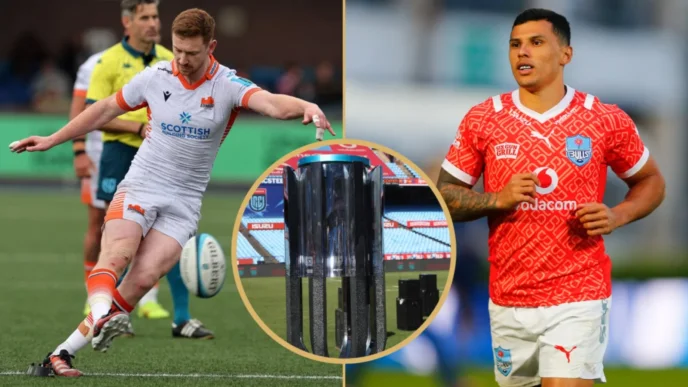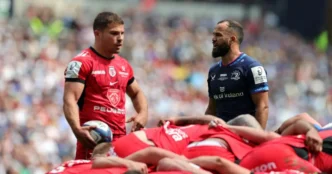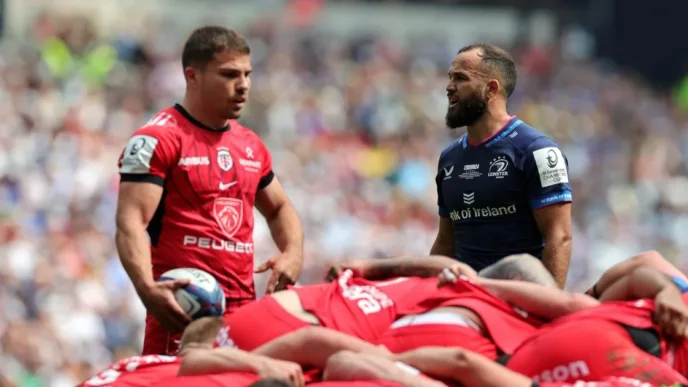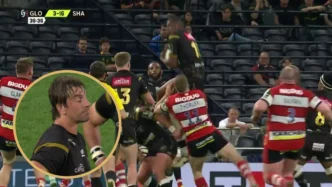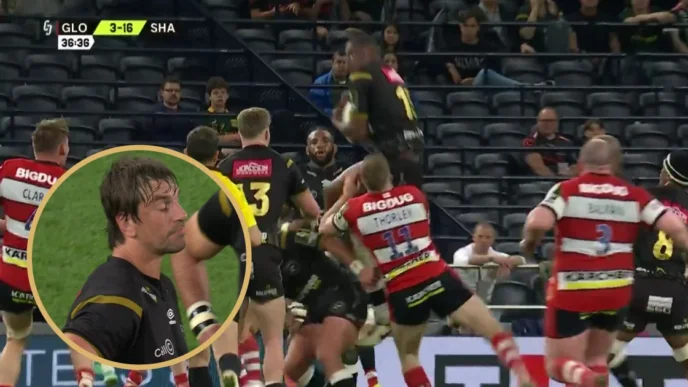The Allure of the NRL: Rugby Union’s Talent Pipeline Dilemma
BBC Rugby Union, 28 March 2023
The recent surge in the popularity of the Warriors in the NRL has intensified the talent raid on New Zealand’s rugby union schools. With reports of U15 national rugby tournaments being flooded with NRL club scouts seeking the next big prospect, it’s clear that the rugby union talent pool in New Zealand is overflowing, yet the investment available is lacking.
While the loss of some players to the league pathway may initially seem concerning, it could ultimately benefit both codes. Roosters star Joseph Manu’s move to Japanese rugby, with his sights set on the All Blacks, is a prime example. His development was not funded by the union, showcasing the excess of talent and the need for greater investment in New Zealand’s rugby system.
The story of Sonny Bill Williams, who found success with the All Blacks after initially pursuing a league career, highlights the potential for cross-pollination between the codes. However, it’s important to note that not all players will fit the criteria for NRL clubs, as they tend to favor athletes with specific physical attributes, such as second rowers, centers, and wingers.
“The NRL’s scrapping of their national U20 competition has limited the opportunities for top league talent at that age, while union players in New Zealand have the chance to showcase their skills in the Super Rugby U20 tournament and the Rugby Championship U20 competition. This formative experience can be a significant advantage for union prospects.”
The targeting of talent by New Zealand’s provincial unions is also quite selective, with most academies taking in around eight players per year. This leaves a vast pool of untapped potential, which the NRL clubs are eager to capitalize on.
The case of All Black wing Mark Tele’a, who went from being overlooked at the youth level to becoming one of the world’s best, exemplifies the depth of talent in New Zealand’s rugby system. His remarkable rise highlights the unpredictability of player development and the importance of providing opportunities for all aspiring athletes.
While the commercial and governance challenges facing New Zealand rugby are valid concerns, the talent pipeline remains robust. The NRL’s foray into recruiting New Zealand’s schoolboy stars is not necessarily a bad thing for the union, as it allows more players to receive investment and exposure at the development level.
As the NRL continues to court New Zealand’s rugby talent, the onus is on the union to address its systemic issues and ensure that the overflowing talent pool is nurtured and retained within the game. With the right support and investment, the future of New Zealand rugby remains bright, regardless of the lure of the NRL.
🔗 Source
